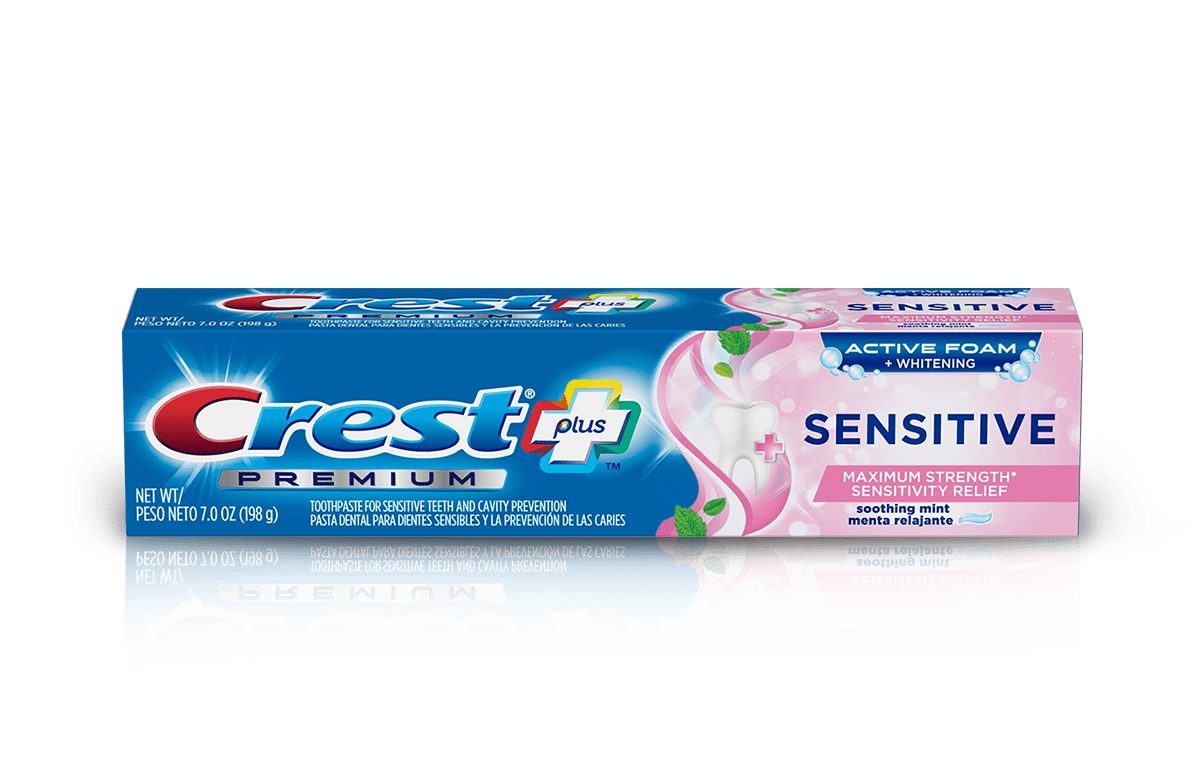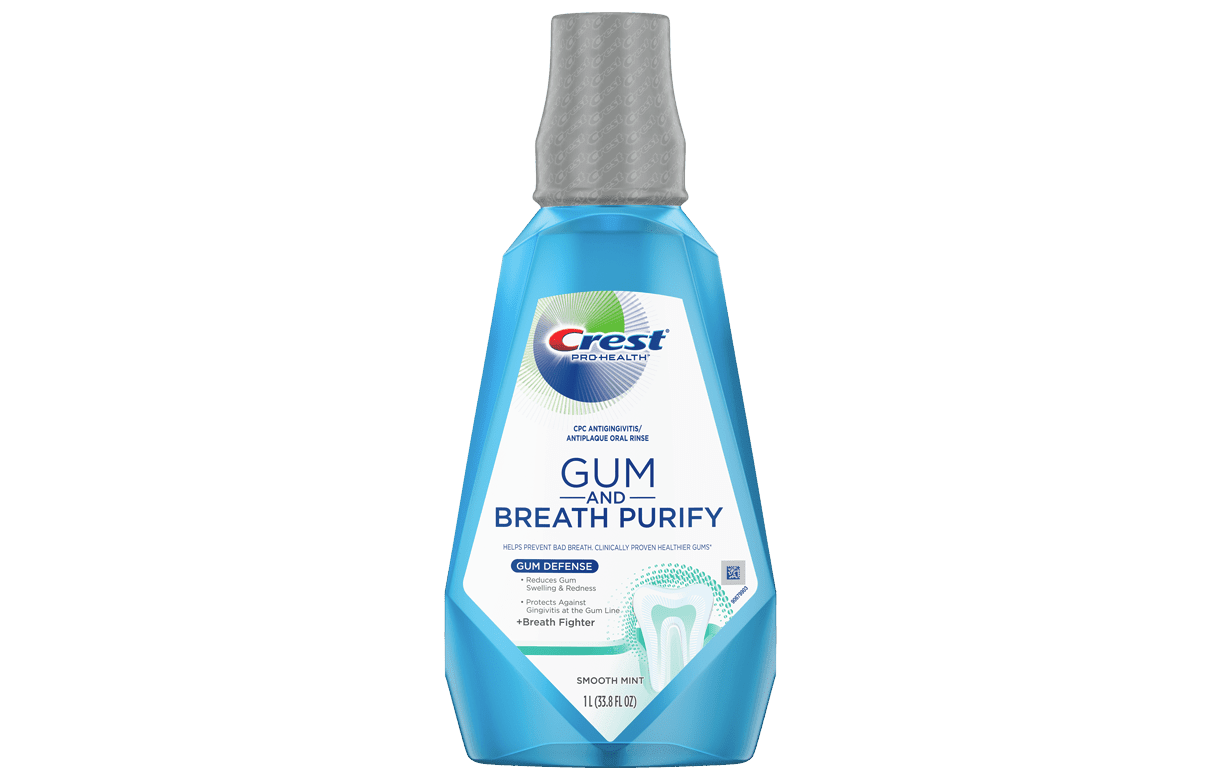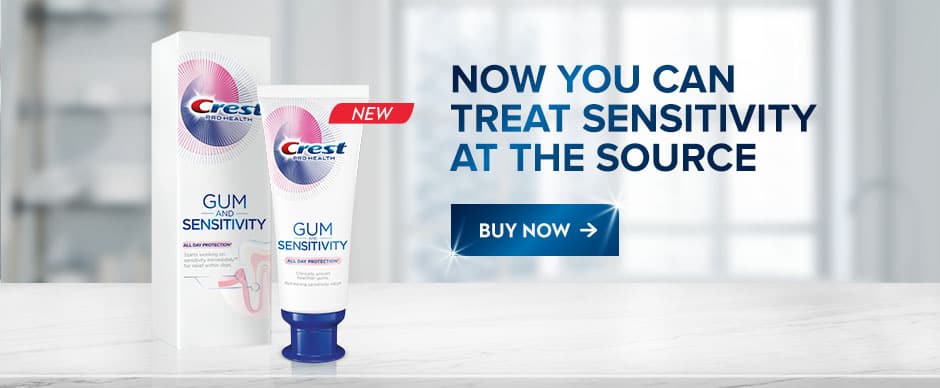TEETH-SENSITIVITY
What Helps Sensitive Teeth? Relief and Treatment
 Common Causes of Teeth Sensitivity
Sensitive Teeth Relief
Ways to Treat Teeth Sensitivity
Tips for Choosing Teeth Sensitivity Whitening Products
Teeth Sensitivity During Pregnancy
Common Causes of Teeth Sensitivity
Sensitive Teeth Relief
Ways to Treat Teeth Sensitivity
Tips for Choosing Teeth Sensitivity Whitening Products
Teeth Sensitivity During Pregnancy
One in five adults has sensitive teeth. It may hurt when you eat hot food or cold treats, or when you indulge in a sugary candy or beverage. The pain caused by sensitive teeth can take all the enjoyment out of your favorite foods and beverages. Because of the advancements in oral health technology, you might not have to accept sensitive teeth as a fact of life. There are a number of options for treatment for sensitive teeth.
Common Causes of Teeth Sensitivity
Data from the Academy of General Dentistry suggest that at least 45 million adults in the United States suffer from teeth sensitivity. The first step in reducing sensitive teeth pain is to identify the cause. Common causes of sensitive teeth pain include:
- Gum Problems: such as gum disease and receding gums. In fact, 80% of sensitivity starts at the gum line, making it a common culprit of tooth sensitivity.
- Teeth Problems: such as tooth decay near the gum line, and damaged or cracked teeth.
- Too Much Oral Hygiene: At the other end of the spectrum, brushing your teeth too hard can cause sensitive teeth pain.
- Extreme Tooth Whitening: At-home teeth-whitening products are popular, and they can improve the appearance of your teeth, but it is important to follow the instructions. Normal use and overuse of teeth-whitening products can lead to sensitive teeth pain.
- Age: Getting older can result in the development of sensitive teeth.
- Acidic/Alkaline Foods such as sports drinks, tomatoes, fruit and yogurt, and other foods high in acidity can cause painful teeth sensitivity.
Sensitive Teeth Relief
Some people have sensitive teeth while others have teeth sensitive to whitening. If you have either kind of teeth sensitivity, learn how to reduce pain in your teeth. Here are some suggestions to help reduce your pain and help get your teeth and gums in good health:
- Avoid the daily grind: Tooth grinding, or bruxism, can lead to a sensitive tooth or teeth. Not only can the act of grinding itself cause a sensitive tooth, but chronic grinding can wear away tooth enamel and expose tiny tubules that lead to the nerves in the inner part of the tooth. If you grind your teeth at night, talk to your dentist about a mouth guard.
- Control coffee and tea intake: The acid in tea and coffee can annoy a sensitive tooth. If you drink several cups of coffee or tea daily, try cutting back, or diluting some of your coffee and tea drinks with water to reduce the acidity.
- Don’t forget fluoride: Fluoride helps protect against tooth sensitivity by strengthening tooth enamel. Look for toothpaste and mouth rinses that contain fluoride. Stannous fluoride is particularly good for treating sensitive teeth.
- Warm water works: A sensitive tooth may be irritated if you brush your teeth with cold water. Try using warmer (but not hot) water when you brush your teeth.
Ways to Treat Teeth Sensitivity
If you experience regular sensitivity, look for the best sensitive teeth treatment options to meet your needs. One of the best ways to minimize tooth sensitivity is to choose oral care products specifically designed to treat sensitivity at its source—your gum line. Since choosing can get a bit overwhelming, here are some sensitive teeth treatment options that can help improve day-to-day comfort for you:
Use a Soft Toothbrush
- Many people brush too hard, which can lead to sensitive teeth. Sensitive teeth treatment begins with using the right toothbrush. You need one that is gentle but also effective at removing harmful plaque. Experts recommend using a soft bristle toothbrush with bristles of varying heights to ensure all hard-to-reach areas are covered, such as the Oral-B Sensi-Soft Manual Toothbrush.
- To keep your teeth healthy without increasing teeth sensitivity, use small, circular movements of your toothbrush to clean your teeth. You don’t have to use a lot of pressure. Putting too much pressure on your toothbrush while brushing can irritate sensitive teeth. Instead, be sure to spend enough time brushing your teeth (at least two minutes). Hold your toothbrush at a 45-degree angle to your gums, and use a toothbrush designed for sensitive teeth.
Use Sensitivity Toothpaste
- You can protect your teeth from painful tooth sensitivity by using a toothpaste designed to treat sensitive teeth. Crest Gum and Sensitivity can help relieve sensitivity pain and prevent it in the future. The foamy formula targets sensitivity pain at the source by treating the gum line for a healthier mouth.
- If you suffer from teeth sensitivity, toothpaste formulated for sensitive teeth can make a big difference in your ability to follow a regular oral care routine and keep your mouth healthy. The Crest Gum toothpaste product line starts treating sensitivity immediately for relief within days for a healthy, pain-free mouth.
Floss Gently
- Since plaque build-up may eventually lead to irritated, sensitive gums, flossing is an important part of your oral hygiene regimen for prevention. While it may cause bleeding gums at first, once you make flossing a habit, your gums will strengthen. Oral-B Glide Pro-Health Comfort Plus Mint Floss is Oral-B's softest floss, and is designed to make flossing more comfortable.
- Be sure to follow correct flossing technique, as recommended by the American Dental Association. Use an 18-inch piece of floss; wrap a small amount around the middle finger of one hand, and the rest around the middle finger of the other hand. Slide the floss gently up and down between each tooth to clean between teeth and avoid teeth sensitivity. Unwrap new floss from one hand as you wrap used floss onto the other hand.
Don't Forget to Rinse
- Some oral rinses can cause teeth sensitivity, but the right rinse can help protect teeth as part of a total oral care routine. If you want to use a mouth rinse, try an alcohol-free version, such as Crest Pro-Health Advanced with Extra Deep Clean, that contains fluoride to strengthen tooth enamel. If you wear braces, many dentists recommend a dental rinse to help protect against teeth sensitivity and provide additional protection against cavities.
Finally, Use a Comprehensive Oral Hygiene Regimen
- A proper regimen includes a toothpaste, toothbrush and floss, each designed to help make it easier to care for sensitive teeth.
- Remember to be patient. It may take about a month of using products for sensitive teeth before you notice a significant reduction in teeth sensitivity.
While there are many effective over-the-counter methods of treatment for sensitive teeth, it’s always a good idea to consult with your dental professional if you experience ongoing sensitivity, as it could be a sign of more serious problems. If you have a sensitive tooth or sensitive teeth that persist, visit a dentist to find out whether you have a cavity, an infection, or the beginnings of gum disease. Catching a sensitive tooth problem early may spare you more complicated dental procedures later.
Tips for Choosing Teeth Sensitivity Whitening Products
Just because you have a sensitive tooth doesn’t mean that you have to pass up the opportunity for a whiter, brighter smile. But be aware that some teeth-whitening products can irritate an already sensitive tooth. If you have sensitive teeth and you are considering teeth-whitening treatments, keep these points in mind.
- Read the labels: There are many options for at-home teeth-whitening products designed for sensitive teeth. Start with one of these gentle products, and follow the instructions. If you still notice a sensitive tooth, try using the whitening product less frequently. Some types of toothpaste whiten teeth but also protect against tooth sensitivity.
- Keep your expectations realistic: Gentler teeth-whitening products may produce less dramatic whitening effects than products with a higher concentration of whitening ingredients. But you can still have a healthy smile—try whitening toothpastes that promote brighter teeth by removing surface stains. Crest Gum and Sensitivity Gentle Whitening safely lifts surface stains while protecting against sensitivity by treating your gum line.
Teeth Sensitivity During Pregnancy
Tooth sensitivity may become more common with age, but it can occur at any time, including during pregnancy. Oral health is especially important during pregnancy; many women report gum and tooth sensitivity while pregnant. Increased tooth sensitivity during pregnancy is caused by hormonal changes and by increased blood flow. These changes put pregnant women at increased risk for gingivitis, so be sure to see a dentist if you are pregnant, and follow a complete oral care routine that includes twice-daily toothbrushing and daily flossing.
To help make your oral care routine more comfortable if you have pregnancy-related tooth sensitivity, use products designed specifically for sensitive teeth. Crest Gum and Sensitivity shields against sensitivity by treating it immediately at the source—your gum line. Oral-B Glide Pro-Health Comfort Plus Mint Floss is a good choice for pregnant women suffering from gum and tooth sensitivity who find flossing with standard floss too painful.
Sources:
- http://www.webmd.com/oral-health/tooth-sensitivity
- http://health.howstuffworks.com/home-remedies-for-sensitive-teeth.htm
- http://crest.com/en-us/oral-care-topics/sensitivity/teeth-sensitivity
- http://www.mayoclinic.org/healthy-lifestyle/adult-health/expert-answers/whitening-toothpaste/faq-20058411
- http://www.marchofdimes.org/pregnancy/common-discomforts-of-pregnancy.aspx
- ADA, Crest, and Oral-B survey, “The Public Speaks Up on Oral Health Care.
- http://www.ada.org/~/media/ADA/Publications/Files/patient_33.ashx
Discover More
 Teeth Sensitive to Cold: Causes and Home Remedies
Teeth Sensitive to Cold: Causes and Home Remedies





